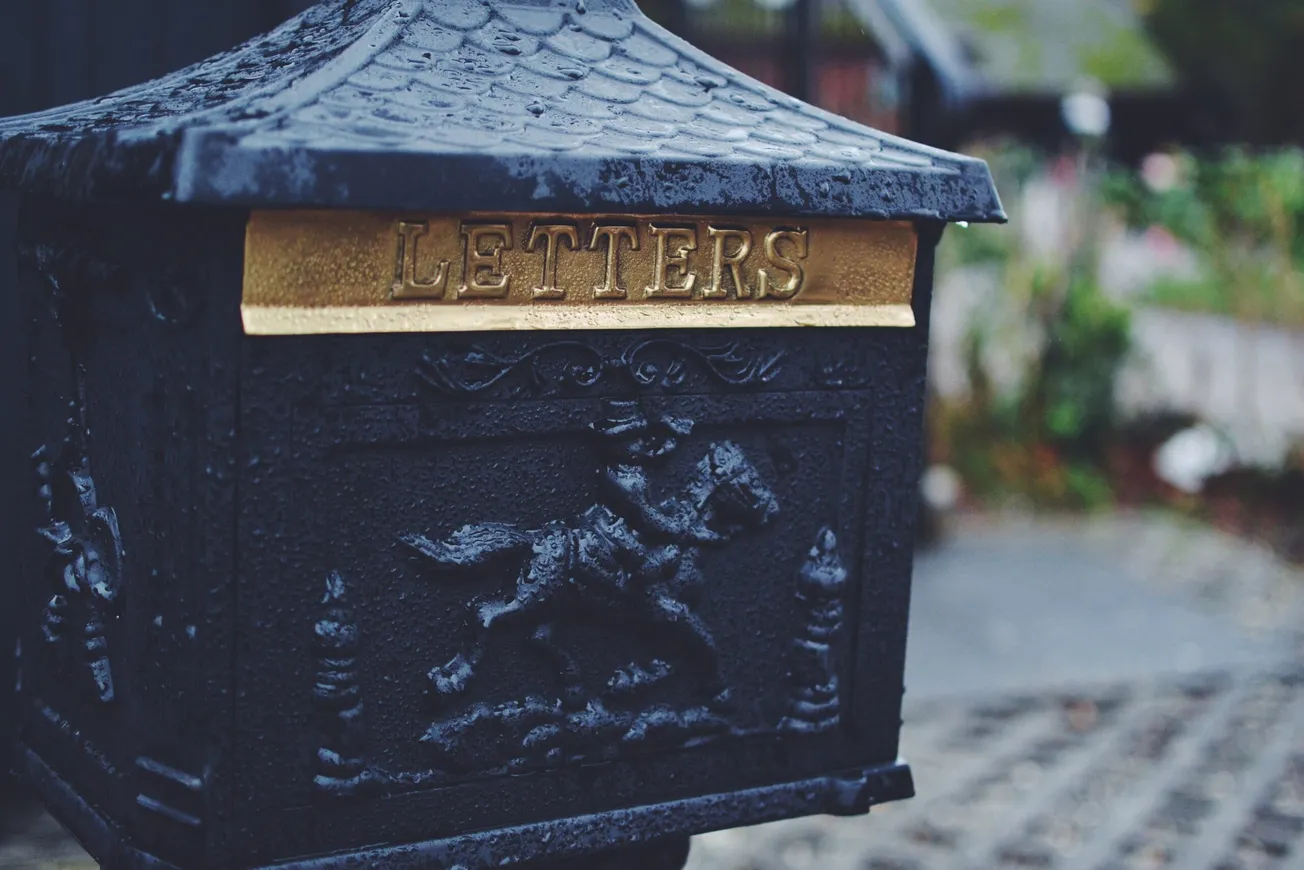Table of Contents
November 15th
In my letter dated 9 November I made the following comment:
“Boris Johnson is toast. It may not be this week, it may not be this month, but he is on his way out”.
The BFD
In his piece in the Times newspaper on 13 November Matthew Parris, an ex-MP (Conservative) and political commentator, stated that “Johnson is commencing his descent. It may prove fast or slow, and the time he has left may be years or months, but it’s now only a matter of time.”
He goes on to suggest that all Johnson’s lieutenants in government want him gone; they know he’s useless and they all want to be Prime Minister. The only question left remaining is how they go about it. Parris went on to say that Rishi Sunak, the Chancellor, is the front runner and has to make a move before the economy unravels. He also identifies Liz Truss, Priti Patel and Jeremy Hunt as the other main runners.
This backs up my comments of last week. Remember, you read this first on The BFD!
Meanwhile, the UK and Europe have some tricky foreign policy issues to address.
Belarus has been weaponising migrants, encouraging them to fly into Minsk after issuing them with visas, and then encouraging them to mass on its border with Poland. It then turns a blind eye to their attempts to cross into Poland and subsequently Germany or eventually the UK.
The EU has threatened Belarus with sanctions and Belarus responded by threatening to close down the gas pipeline from Russia to the EU that crosses its territory. This follows on from the Belarus government forcing a flight to Lithuania to land in Minsk. This flight was carrying a dissident.
Russia has shown support for Belarus by deploying paratroopers within 20 miles of the Poland/Belarus border for joint exercises. Meanwhile, the UK has 150 troops stationed in Poland. They are thought to be from NATO’s Enhanced Forward Presence, which includes soldiers from the Royal Electrical and Mechanical Engineers and some capacity from the light cavalry squadron.
Russian foreign policy has reflected the Kremlin’s willingness to take advantage of a propitious external environment and chip away at the U.S.-led international order.
Success begets more success, and since Putin’s return to the presidency in 2012, his record has been enhanced by what Russian officialdom sees as several important wins. The annexation of Crimea, the war in eastern Ukraine, the military deployment in Syria, the tense military standoff with the West in the Baltic and Black Seas, and the interference in U.S. and European domestic politics have all enhanced Russia’s image as a major power with significant power projection capabilities, as well as Putin’s reputation as a bold and skilled leader.
These victories have also demonstrated to the world Russia’s propensity for risk-taking and punching above its weight, along with its improved capabilities for warfare and operations short of war in multiple domains—land, air, space, sea, cyber, and information operations.
Contemporary Russian foreign policy displays the unmistakable presence of three centuries-old drivers of Moscow’s posture on the world stage. Chief among these drivers is Russia’s quest for strategic depth and secure buffers against external threats, which, considering the country’s geography and absence of natural protective barriers between it and neighbouring powers, has guided its geographic expansion.
Along with physical insecurity and expansion, the second key driver of Russian foreign policy has been its ambition for recognition as a great power, which the Kremlin has long seen as necessary for legitimizing its geographic conquests and geopolitical ambitions. The third driver, related to the first two, is Russia’s complicated relationship with the West, which combines rivalry with the need for cooperation.
Source Carnegie Endowment for International Peace, February 2019.
Putin has long held ambitions to return Russia to its old borders which included the Baltic states and much of Poland. These gave Russia geographical advantages by putting barriers between it and the West and lengthening supply line issues if anyone wanted to advance militarily into Russia from the West.
The USA’s European allies are afraid of being isolated and sold down the river again by Biden after the Afghanistan fiasco. Any show of weakness by Biden will be seized on by China and exploited in its pursuit of Taiwan. This has implications for Australia and ‘New Xi-Land’.
Swift diplomacy is needed to nip all this in the bud. I am not sure that the EU can get agreement on a policy and move quickly to counter this. They really need an alternative power source to Russian gas.
Please share this article so that others can discover The BFD







